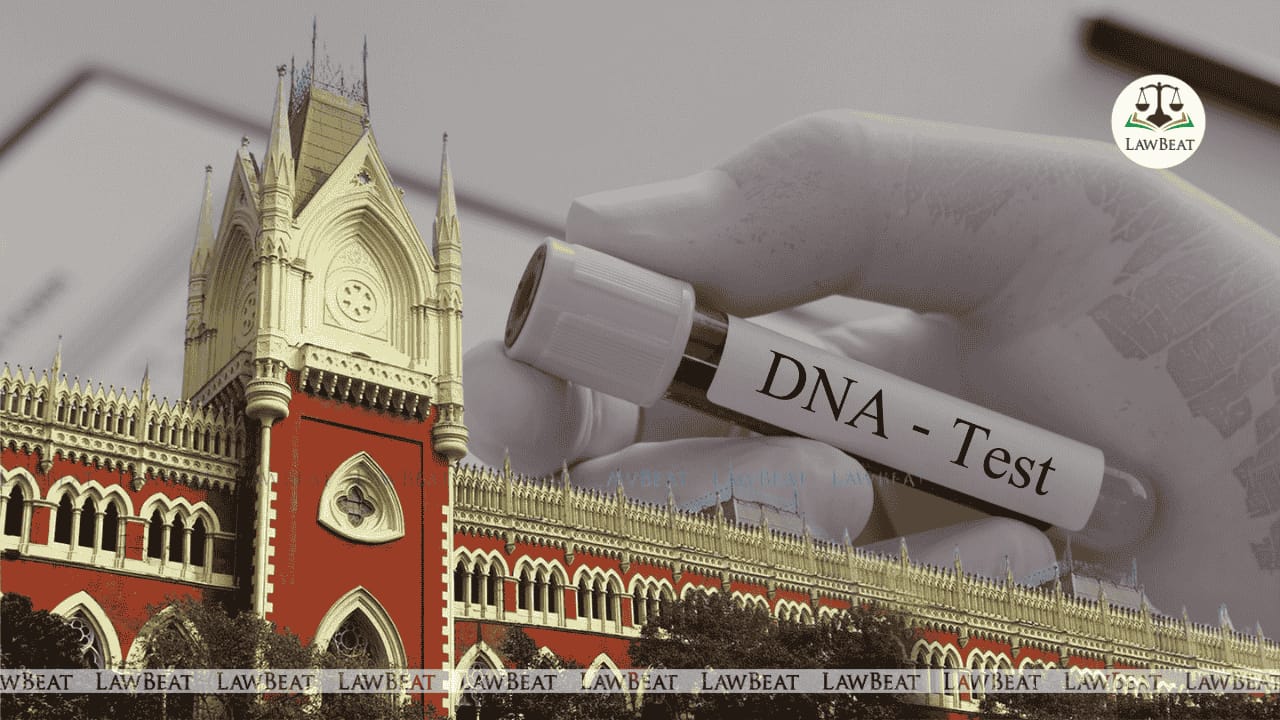Right of Accused to Prove 'Non-Access' to Victim by Way of Evidence : Calcutta HC Allows Paternity Test in Rape Case

The court emphasised that DNA tests should not be ordered routinely or mechanically but may be allowed in compelling circumstances where "access" is in question, ensuring the provision is not used liberally
The Calcutta High Court has allowed an accused in a rape case to undergo a DNA test to prove his claim of “non-access” to the victim, ruling that when “non-access” is claimed, the accused has the right to seek evidence to support the claim, relying on the Supreme Court judgment in Dipanwita Roy vs. Ronobroto Roy (2015).
The court, presided over by Justice Shampa Dutt (Paul), directed the DNA test to be completed within 60 days, underlining that denying the accused this right would constitute an abuse of the process of law. “The victim girl claims the child to be that of the petitioner. On the other hand, the petitioner denying the paternity of the child has claimed non access to the relationship. Thus, when “non-access” is claimed in such a relationship, it is the right of the accused to have the same proved by way of evidence available/possible,” the court noted.
The case was filed by the victim’s father stating that his daughter, then 17 or 18 years old, had been in a relationship with the accused, during which she conceived following promises of marriage. A case was registered under Sections 376 (rape) and 420 (cheating) of the Indian Penal Code (IPC) against the accused.
The accused denied these allegations and the paternity of the child, asserting he had no access to the victim during the relevant period. The accused argued that a DNA test was crucial to establish his defence of "non-access" and to rebut the victim's claim that the child was his. The accused furthered his argument highlighting inconsistencies in the victim's statements, including her admission of a relationship with another individual.
The prosecution, opposing the accused’s plea, contended that the DNA test would infringe on the privacy rights of the victim and her child. It was also argued that the allegations of rape and cheating were independent of the paternity question.
During the trial, the victim agreed in cross-examination to a DNA test for herself and her child. However, the trial court rejected the accused’s request for a paternity test, deeming it unnecessary. This prompted the accused to approach the High Court.
The court relied on precedents, including Dipanwita Roy and Goutam Kundu v. State of W.B. (1993), to affirm that DNA tests should not be ordered routinely but may be justified in exceptional and compelling circumstances where other evidence is insufficient. The court also noted that in cases lacking marital ties, as in this instance, proving or disproving paternity through a DNA test was critical to determining “non-access” and safeguarding the accused’s rights.
The court observed : “Where there is admittedly no marriage and the allegations includes offence under Section 376 IPC of the Indian Penal Code among others, the paternity of the child if ‘positive’ shall prima facie prove access to the relationship… If ‘negative’ it will strengthen the defense of the petitioner of ‘non- access’ to the relationship and the petitioner will then be entitled to relief as provided under the law.”
The court further directed the accused to deposit ₹1 lakh with the trial court, to be awarded to the victim and her child if the DNA test confirmed his paternity. If the test disproved paternity, the accused would be entitled to withdraw the amount.
Cause Title: Lob Das vs. The State of West Bengal & Another [CRR 3189 OF 2023]
Appearances: For the Petitioner - Mr. Dipankar Aditya, Ms. Tina Biswas; For the State - Mr. Bibaswan Bhattacharya.
